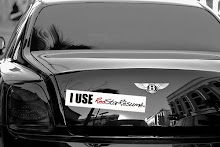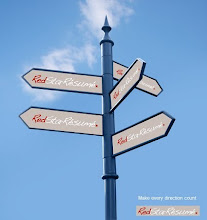
You’ve probably been told over and over that the use of proper spelling and grammar are extremely important on your resume and that one little mistake can ruin your chances at obtaining a particular job. It seems to me that these warnings are given out all the time. When I ask people to tell me the number one mistake on a resume, they almost always say that it’s bad spelling and/or grammar. This really makes me wonder because it’s pretty rare that I come across an error-free resume. There always seems to be something, whether it’s a misspelled word or a missing comma. The best explanation I can come up with is that people today seem to rely a little too much on spell and grammar check programs.
Spelling and grammar check programs are great in many ways, and they seem to pick up a lot of common mistakes. For example, they automatically add apostrophes to words like “can’t” when you forget to put one in there. Or they might automatically capitalize the word “I.” They also do a good job at highlighting some clearly misspelled words. Despite all of these benefits, however, programs like these should not be seen as flawless.
There are tons of things they can miss, and below are a few examples:
Same word, different spelling: Some words sound exactly alike, but have different spellings with entirely different meanings. Spell check will not pick up when these words are used improperly. These words could include: then, than, your, you’re, too, to, two, their, there, are, our… and this is only naming a few.
Word choice: Did you know, for example, that the words “which” and “that” can not exactly be used interchangeably?
Punctuation: Comma omissions and unnecessary commas are usually not picked up.
Overall structure of your resume: Is your resume written in past or present tense? Or are the tenses all over the place? Consistency is something these programs won’t notice.
I’m not saying that you shouldn’t use these programs – they are useful in many situations. I’m saying that you shouldn’t rely solely on them to check over your resume because they aren’t foolproof. It’s important to check and re-check it yourself and to then also show it to a couple of friends and see what they can find. We sometimes rely on computers to do too much for us, and we forget that they aren’t even close to flawless. Don’t underestimate the capabilities of the human eye.
© RedStarResume Publications
http://www.redstarresume.com
Follow us on Twitter: http://twitter.com/RedStarResume











